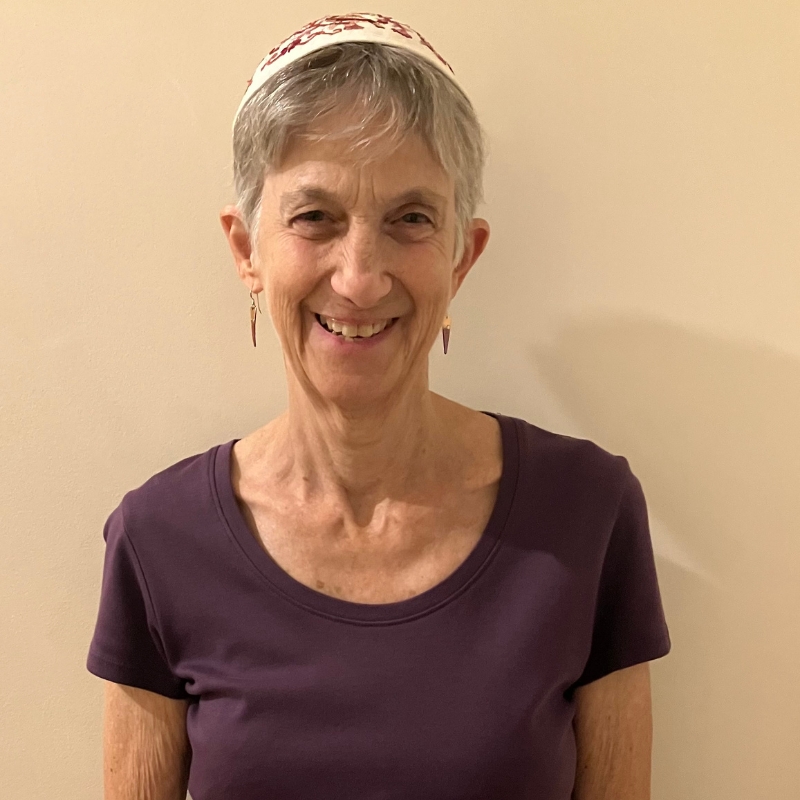“Noah was a righteous man, blameless in his generation.” (Genesis 6:9)
What are we to do with these words of Torah? Is Noah being praised or condemned? After all, the other people in his generation were so evil and corrupt that God decided to destroy the entire world. You might say that being righteous in that generation was a very low bar.
When I brought this up with a rabbi friend, she said, “There are many opinions in the Torah commentaries, but I think Noah was righteous. The Torah tells us he walked with God.”
I am unconvinced. The Torah is short on details. What does it mean to be righteous or blameless? What does it mean to “walk with God”? We only know that God spoke to Noah, and he obeyed. In a time of rampant corruption and injustice, surely this was not enough. Surely, the times called for more than being a good person and quietly following God’s ways.
Many biblical commentators compare Noah with Abraham. When God tells Abraham he wants to destroy Sodom and Gomorrah, Abraham argues: What if there are fifty innocent people within the city? Will you then wipe out the place and not forgive it for the sake of the innocent fifty who are in it? Shall not the judge of all the earth deal justly? What if there are forty-five? Thirty? Twenty? Ten? (Genesis 18:23-32) Abraham does not give up easily.
Noah does not plead for humanity. Noah does not warn others that a flood is coming so they can repent. Noah is silent.
Find more resources on Noach.
A recent documentary about the Israeli author Amos Oz provides a contrast with Noah. In 1967, during the Six Day War, Oz was fighting in the Sinai. When the war ended, he went straight to East Jerusalem still in his uniform, carrying a sub-machine gun. Because Jerusalem had loomed so large in Jewish imagination as a symbol, Oz was shocked to discover that people lived there. He found homes and shops and street signs. And he understood immediately the danger of occupation, both for the occupied and the occupiers. At a time when the entire country and the Jewish world were euphoric about the military victory, the conquering of the land, and the unification of Jerusalem, he began to speak and write, warning of the consequences if the country continued down this path. He openly criticized the Defense Minister; he shared his opinions with the members of the kibbutz where he lived. He became very unpopular.
Fifteen years later, Oz spent Shabbat at a religious settlement in the West Bank and wrote about the voices he heard from the people living there. At the time, these voices were in the shadows, but again, he foresaw the danger and shared their words widely. He wanted to tell everyone what he had heard, so that when those voices became the voices of those in power, no one could say that they did not know.
Amos Oz wrote column after column with titles like: “The Battle for Zionism’s Soul,” “Any Occupation is Corrupt,” “Idolatry in Kippot.” In the documentary, another author asserts: “He was a secular prophet, someone who was a moral voice.”
Noah did not act like a prophet. He did not protest on behalf of the innocent; he did not try to show people the evil of their ways. Noah obeyed God and saved himself and his family.
As we watch human rights being denied and democracy destroyed in our country, many people wonder, “How did this happen here?” We grumble that “this is not my country.” But can we really say we didn’t know? Did we choose to ignore the voices of white nationalists when those voices were in the shadows? Did we shake our heads and feel superior to the people who were trying to turn diversity, equity, and inclusion into dirty words?
Like Noah, we are living in a world filled with evil, hatred, and corruption. Destruction is all around us. Will we be like Noah and quietly save ourselves? Or will we be like Abraham and raise our voices in protest, demanding justice?
Rabbi Hannah Orden is rabbi emeritus of Congregation Beth Hatikvah, a Reconstructionist synagogue in Summit, NJ. She was ordained by the Rabbinical School of Hebrew College in Newton, MA. Rabbi Orden is a past president of the Summit Interfaith Council and one of the founders of the council׳s Anti-Racism Committee. She is a columnist for New Jersey Jewish News/Jewish Standard and is the author of several works of fiction.

